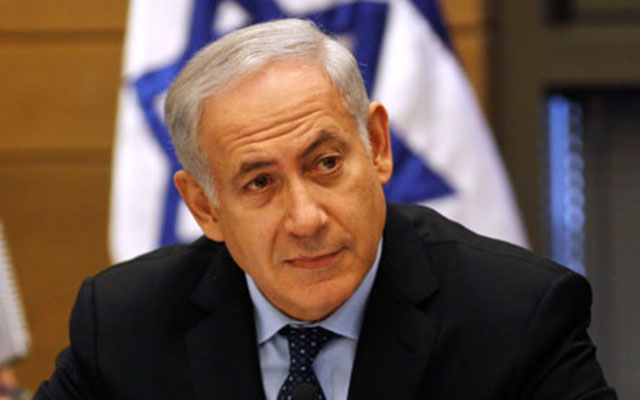Nigeria oil rebels want Jonathan

YENAGOA. – Kennedy Tonjo-West is unhappy at the way Nigeria’s main opposition party and northern politicians have been criticising President Goodluck Jonathan’s record in the run-up to next month’s election.
“We are not happy with the constant attacks on the person of Jonathan in the north and if they don’t stop such molestation we will be forced to retaliate,” he told AFP.
“We will fight back. If and when we do, Boko Haram will be child’s play. We shall prove to them that no-one has a monopoly of violence.”
Such threats are not to be taken lightly, with Boko Haram having killed more than 13 000 people since 2009 and the rebels’ territorial gains in the north posing an increasing threat to Nigerian sovereignty.
But Tonjo-West is a former Niger Delta militant who commanded some 300 men when lawless gangs wreaked havoc on the maze of creeks, swamps and rivers of the southern oil-producing region in the 2000s.
He is not a lone voice: other former oil rebels, including leaders of the shadowy Movement for the Emancipation of the Niger Delta (MEND), have also threatened violence if Jonathan doesn’t win.
Unrest in the Delta hit production in Africa’s leading crude producer and Nigeria, reeling from the current fall in the global price of oil, can ill afford to dismiss the latest threats as mere bluster. Jonathan, a southern Christian from the Ijaw ethnic group, is credited in the creeks with having brought relative peace, allowing production to rise to 1,75 million barrels a day.
Not to re-elect him would be ungrateful, as the spoils of crude are shared across the whole country, said Annkio Briggs, from the Niger Delta Self-Determination Movement.
“If for any reason Jonathan is denied power come February 14, we will renew our agitation and this time, we shall ask for 100 percent ownership and control of our resources,” she said.
“If our son is not good enough to be president, then our oil cannot be available for other regions.
“We shall tell the Yorubas to go and use their cocoa, the Hausas their groundnut and Igbos their palm produce.”
Behind the warnings are a mix of ethnic rivalries, particularly between the Christian south and Muslim north, and fears for the future of the amnesty that saw rebels trade guns for money, training and jobs.
What drove the Delta militants was the belief that the black gold under their feet was theirs but that they were being severely short-changed from the wealth created by the government and foreign oil majors. – AFP.









Comments